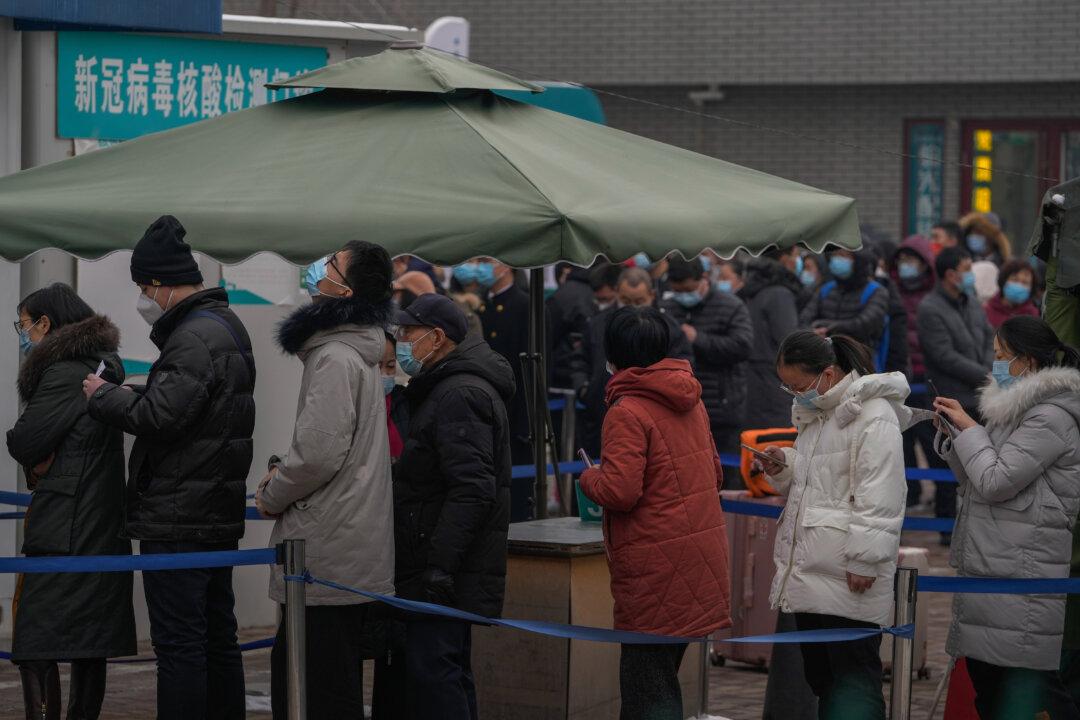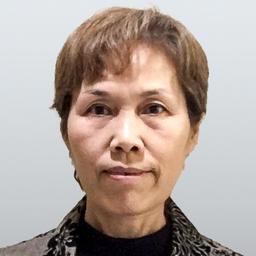Commentary
Recently, a leaked recording of an alleged conversation with Harvard scholar Huang Wansheng in January at a private gathering in China circulated on the internet. Surprisingly, Huang revealed that Beijing’s real intention in adopting the zero-COVID policy is to help the regime’s elite interest groups make a lot of money. He also said that China lags far behind the United States in 5G, quantum computing, and gene technology.





